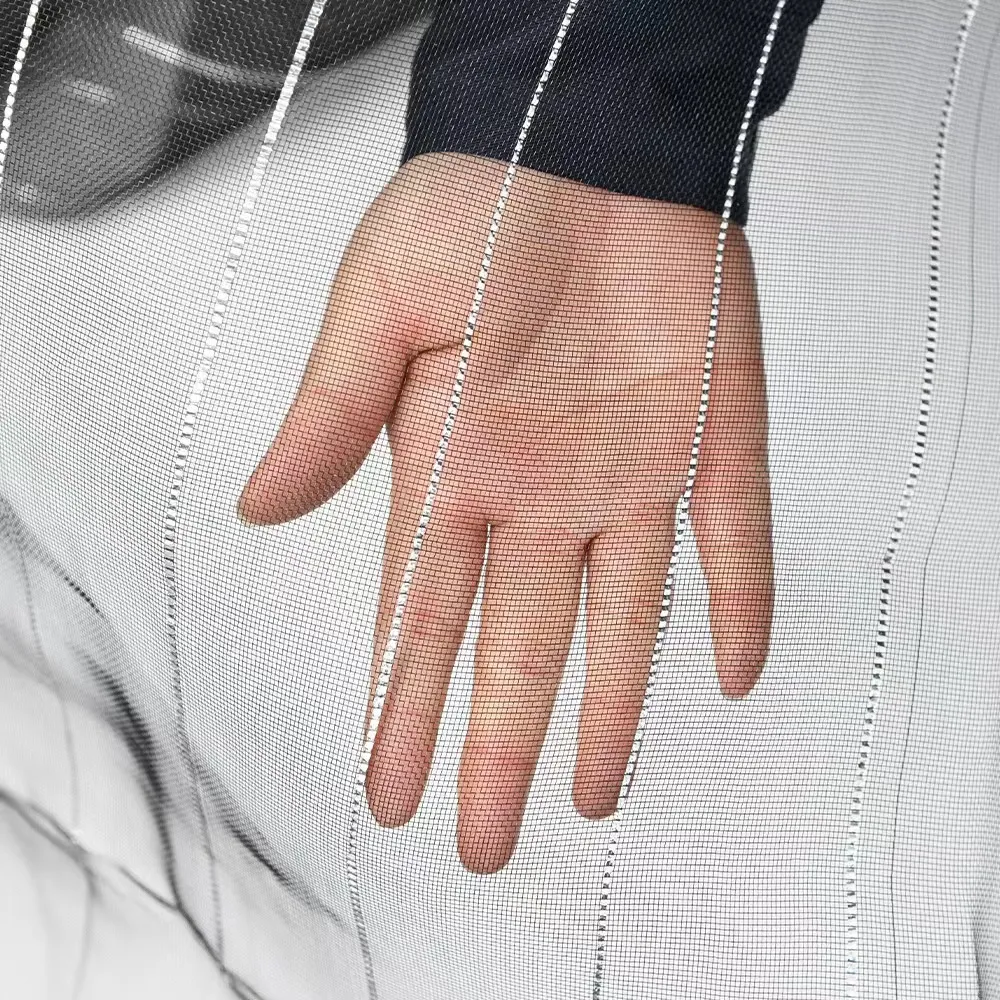-
 Afrikaans
Afrikaans -
 Albanian
Albanian -
 Amharic
Amharic -
 Arabic
Arabic -
 Armenian
Armenian -
 Azerbaijani
Azerbaijani -
 Basque
Basque -
 Belarusian
Belarusian -
 Bengali
Bengali -
 Bosnian
Bosnian -
 Bulgarian
Bulgarian -
 Catalan
Catalan -
 Cebuano
Cebuano -
 China
China -
 Corsican
Corsican -
 Croatian
Croatian -
 Czech
Czech -
 Danish
Danish -
 Dutch
Dutch -
 English
English -
 Esperanto
Esperanto -
 Estonian
Estonian -
 Finnish
Finnish -
 French
French -
 Frisian
Frisian -
 Galician
Galician -
 Georgian
Georgian -
 German
German -
 Greek
Greek -
 Gujarati
Gujarati -
 Haitian Creole
Haitian Creole -
 hausa
hausa -
 hawaiian
hawaiian -
 Hebrew
Hebrew -
 Hindi
Hindi -
 Miao
Miao -
 Hungarian
Hungarian -
 Icelandic
Icelandic -
 igbo
igbo -
 Indonesian
Indonesian -
 irish
irish -
 Italian
Italian -
 Japanese
Japanese -
 Javanese
Javanese -
 Kannada
Kannada -
 kazakh
kazakh -
 Khmer
Khmer -
 Rwandese
Rwandese -
 Korean
Korean -
 Kurdish
Kurdish -
 Kyrgyz
Kyrgyz -
 Lao
Lao -
 Latin
Latin -
 Latvian
Latvian -
 Lithuanian
Lithuanian -
 Luxembourgish
Luxembourgish -
 Macedonian
Macedonian -
 Malgashi
Malgashi -
 Malay
Malay -
 Malayalam
Malayalam -
 Maltese
Maltese -
 Maori
Maori -
 Marathi
Marathi -
 Mongolian
Mongolian -
 Myanmar
Myanmar -
 Nepali
Nepali -
 Norwegian
Norwegian -
 Norwegian
Norwegian -
 Occitan
Occitan -
 Pashto
Pashto -
 Persian
Persian -
 Polish
Polish -
 Portuguese
Portuguese -
 Punjabi
Punjabi -
 Romanian
Romanian -
 Russian
Russian -
 Samoan
Samoan -
 Scottish Gaelic
Scottish Gaelic -
 Serbian
Serbian -
 Sesotho
Sesotho -
 Shona
Shona -
 Sindhi
Sindhi -
 Sinhala
Sinhala -
 Slovak
Slovak -
 Slovenian
Slovenian -
 Somali
Somali -
 Spanish
Spanish -
 Sundanese
Sundanese -
 Swahili
Swahili -
 Swedish
Swedish -
 Tagalog
Tagalog -
 Tajik
Tajik -
 Tamil
Tamil -
 Tatar
Tatar -
 Telugu
Telugu -
 Thai
Thai -
 Turkish
Turkish -
 Turkmen
Turkmen -
 Ukrainian
Ukrainian -
 Urdu
Urdu -
 Uighur
Uighur -
 Uzbek
Uzbek -
 Vietnamese
Vietnamese -
 Welsh
Welsh -
 Bantu
Bantu -
 Yiddish
Yiddish -
 Yoruba
Yoruba -
 Zulu
Zulu
Bird Net for Balcony & Garden - Durable Bird Protection Solutions
- Understanding the Importance of Bird Safety Nets
- Key Features of High-Quality Bird Nets
- Comparative Analysis of Leading Brands
- Custom Solutions for Different Environments
- Installation Techniques and Best Practices
- Real-World Applications and Success Stories
- Why Net for Birds is a Sustainable Choice

(net for birds)
Net for Birds: Protecting Avian Life with Precision
Urbanization has led to a 43% decline in bird populations in metropolitan areas over the past decade, according to the Global Avian Conservation Society. This alarming statistic underscores the need for net for birds
solutions. These nets are not just barriers; they’re engineered systems designed to prevent collisions, deter predators, and ensure safe nesting. Made from UV-stabilized polyethylene, modern nets withstand harsh weather while remaining invisible to birds, reducing stress.
Key Features of High-Quality Bird Nets
Premium balcony net for birds products prioritize durability and flexibility. Key attributes include:
- Mesh Size: 25mm x 25mm gaps prevent entanglement while blocking pests.
- Tensile Strength: 8–12 kg/sq.m resistance for wind loads up to 80 mph.
- Eco-Friendly Materials: 100% recyclable polymers with a 10-year lifespan.
Comparative Analysis of Leading Brands
| Brand | Material | Price/sq.m | Warranty |
|---|---|---|---|
| AvianShield Pro | Polyethylene + Fiberglass | $4.20 | 12 years |
| BirdSafe Elite | Nylon-Coated Polyester | $3.80 | 8 years |
| EcoNet Solutions | Recycled HDPE | $5.10 | 15 years |
Custom Solutions for Different Environments
From high-rise balconies to vineyards, bird net to catch birds requires tailored approaches. For residential spaces, retractable nets with magnetic clasps offer convenience. Agricultural setups demand heavier-duty nets with anti-rodent coatings. A 2023 study showed customized nets reduced crop loss by 78% in California orchards.
Installation Techniques and Best Practices
Proper tensioning is critical. Industry guidelines recommend:
- Anchoring posts every 1.5 meters
- 30-degree slope for rainwater runoff
- Biodegradable zip ties for eco-sensitive areas
Real-World Applications and Success Stories
The Dubai Municipality reported a 62% drop in bird-related building accidents after mandating net for birds in all skyscrapers. Similarly, Tokyo’s Urban Wildlife Program documented a 91% increase in sparrow nests within protected balcony areas.
Why Net for Birds is a Sustainable Choice
Beyond protection, these nets contribute to urban biodiversity. A single square meter of netting can safeguard up to 15 nesting cycles annually. With 87% of users reporting reduced maintenance costs, balcony net for birds solutions merge ecological responsibility with practical benefits, creating safer habitats in human-dominated landscapes.

(net for birds)
FAQS on net for birds
Q: What is the best net for birds to protect my balcony?
A: The best balcony net for birds is a durable, UV-resistant polyethylene mesh. It should have small gaps (around 1"x1") to prevent birds from entering while allowing airflow. Ensure it's properly tensioned and secured with zip ties for maximum effectiveness.Q: How do I install a bird net on my balcony safely?
A: Measure your balcony area and cut the net slightly larger than needed. Use hooks, poles, or tension wires to create a frame, then attach the net using cable ties or clips. Regularly inspect for gaps or wear to maintain bird-proofing.Q: Are nets to catch birds legal for residential use?
A: Bird nets to catch birds often require permits and are typically restricted to licensed professionals. Always check local wildlife regulations before using capture nets. Humane alternatives like deterrent nets are preferred for residential areas.Q: What's the difference between balcony nets and catch nets for birds?
A: Balcony nets for birds are protective barriers made with soft, flexible materials to deter roosting. Catch nets use stronger nylon/knotless designs to safely trap birds without injury, typically employed in pest control or conservation scenarios.Q: Can bird nets withstand harsh weather conditions?
A: High-quality balcony nets for birds feature weatherproof materials like treated polyethylene with UV protection. Look for reinforced edges and rust-resistant fixtures. Replace nets every 2-3 years or if visible damage occurs from storms or wildlife interference.-
Shipping Plastic Bags for Every NeedNewsJul.24,2025
-
Safety Netting: Your Shield in ConstructionNewsJul.24,2025
-
Plastic Mesh Netting for Everyday UseNewsJul.24,2025
-
Nylon Netting for Every UseNewsJul.24,2025
-
Mesh Breeder Box for Fish TanksNewsJul.24,2025
-
Expanded Steel Mesh Offers Durable VersatilityNewsJul.24,2025











